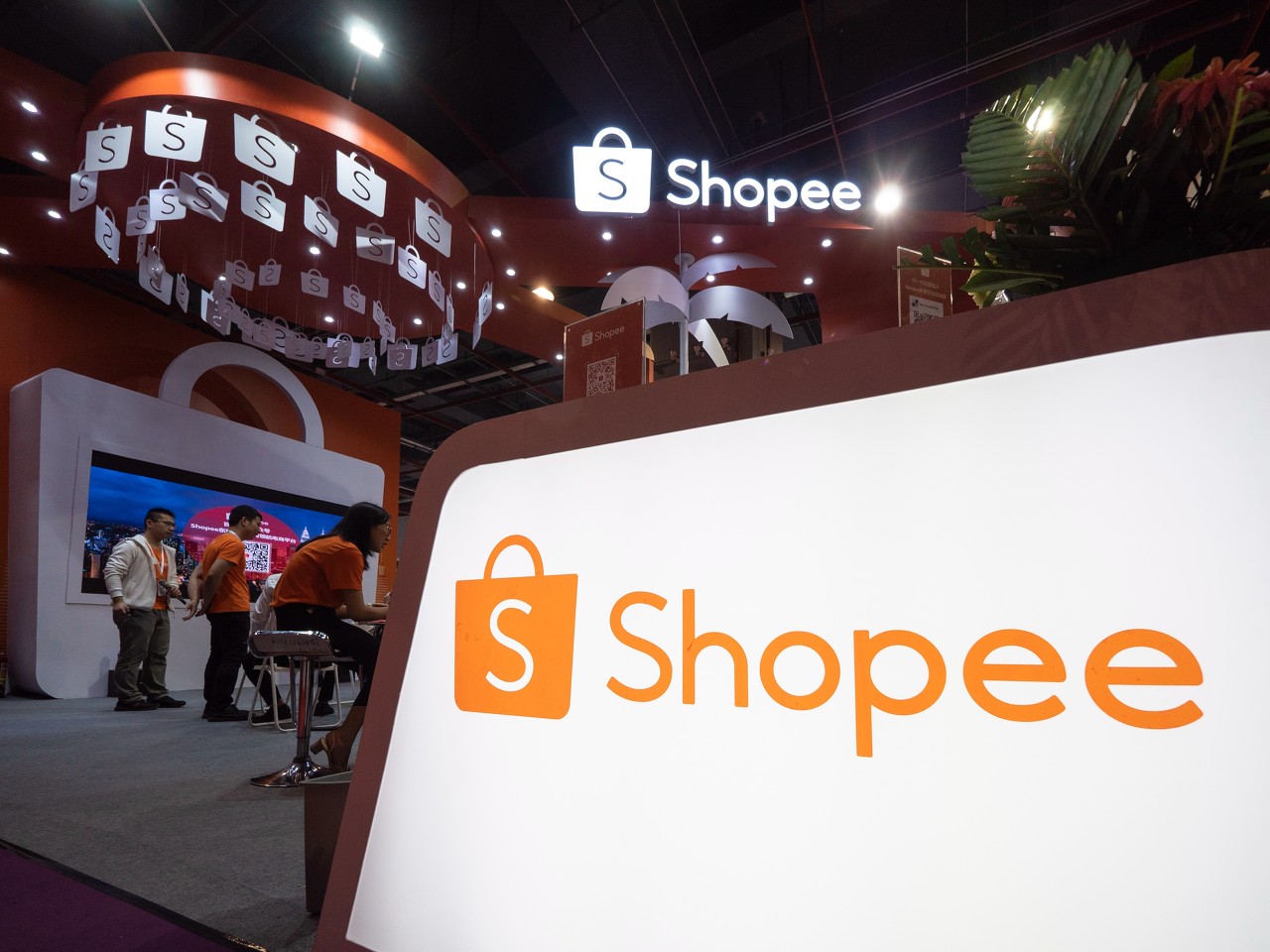Southeast Asian e-commerce site Shopee has signed a memorandum of understanding with the government of Hangzhou, the capital of East China’s Zhejiang province, to form a strategic cooperation relationship, reportedChina News Service Tuesday.
The MoU involves policy innovation, infrastructure building, talent training, and industrial cluster development.
Hangzhou, where Alibaba is headquartered, aims to make cross-border e-commerce account for 30% of its foreign trade volume in the next three years, up from 16.8% in 2018. Cross-border e-commerce in the city reached USD 11.4 billion last year, USD 8 billion of which came from exports.
As part of the agreement, Shopee will also establish an incubator in Hangzhou, hosting a series of training activities for merchants such as goods selection and live broadcasting, said Liu Jianghong, general manager of Shopee’s China cross-border e-commerce business, according to China News Service. He pointed out that Zhejiang sellers outnumbered sellers in other provinces and also outperformed them in the number of orders.
At the same time, Shopee which had nearly 50 million active buyers at the end of 2018, wants to boost transactions between Chinese sellers and Southeast Asian buyers. Shopee is part of New York Stock Exchange-listed Sea Ltd. 72.4% voting power of Sea’s ordinary shares is jointly held by its founder Forrest Li and Tencent, according to a public offering prospectus the company filed in March.
Shopee started developing ideas to facilitate cross-border flows of goods between these two regions as early as 2016, according to a KrAsia report.
It set up offices in Shanghai and Shenzhen to work directly with potential sellers. It has also launched China Marketplace, which provides cross-border sellers in China with a one-stop-shop solution, offering logistics, payments, translation, data and other forms of assistance such as a free AI translation tool, to help them venture into Southeast Asian markets.
The e-commerce site just held a summit in Bangkok, gathering sellers from China who already targeted Southeast Asian buyers and gave them a tour to help these vendors better understand the Thai market.
